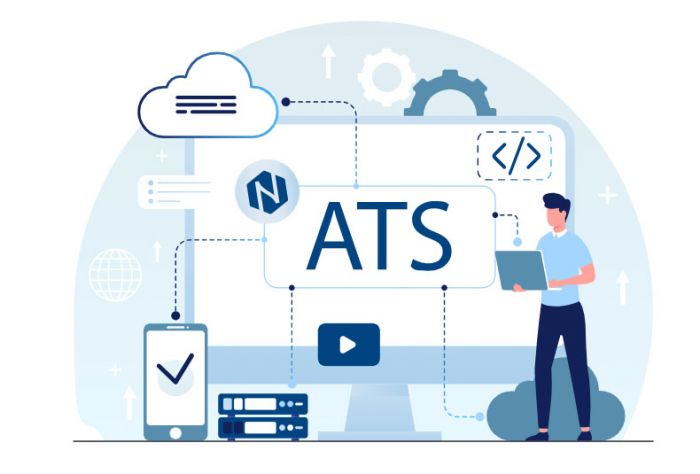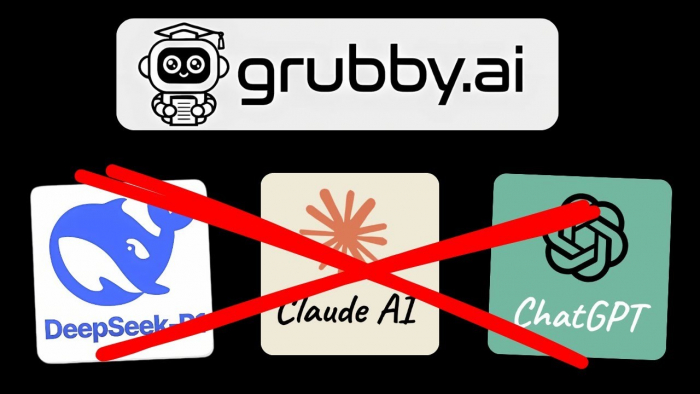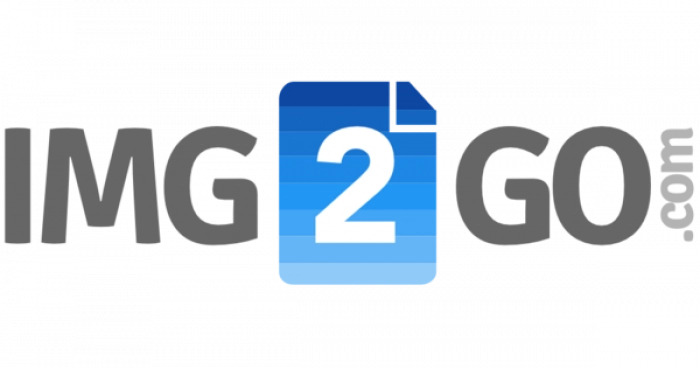How ATS Helps Recruiting Agencies Scale Without Missing A Step
For recruitment agencies of all sizes, from startups to well-established firms, scaling without compromising on quality or efficiency is no small feat. This is where an Applicant Tracking System (ATS) can make a significant impact. Far from just a tool for sorting resumes, an ATS has the potential to overhaul workflows, enhance productivity, and help recruiting agencies scale without skipping a beat.
What An ATS Brings To Recruiting Agencies
At its core, an ATS is designed to simplify the recruitment process by automating various tasks that would otherwise consume valuable time. However, it offers much more than just an automated sorting tool for CVs; it also acts as a powerful Resume Management Tool, helping streamline and organize the entire candidate evaluation process. When agencies scale, manual processes become inefficient, errors increase, and the ability to handle more candidates and clients diminishes. This is where an ATS truly shines.
Candidate Management Simplified

An ATS can store and organize candidate profiles, manage resumes, and track the status of each application. This allows recruiters to easily manage candidate pipelines and reduce the amount of time spent manually tracking progress.
Instead of switching between multiple spreadsheets, emails, and communication tools, recruiters can access all relevant information in one centralized platform. This organization not only saves time but also ensures that no candidates fall through the cracks.
Additionally, ATS platforms provide advanced filtering features, which enable recruiters to quickly identify the most suitable candidates for each job opening. These filters can range from skill sets to experience levels, allowing for a more targeted recruitment approach. This is especially valuable when agencies are handling multiple clients and job postings at once.
Collaboration Made Easy
Scaling means working with more clients, more candidates, and more internal team members.
The right ATS for recruitment agencies provides tools that promote collaboration among team members, making it easier to share notes, feedback, and updates in real-time. Many ATS platforms offer shared dashboards, where all team members can track a candidate’s progress, add notes, and communicate without needing to send endless emails or hold unnecessary meetings.
As the agency grows, being able to work seamlessly across departments becomes crucial. An ATS enables smooth communication between recruiters, account managers, and hiring managers, all while keeping client data secure and organized.
Agencies that use ATS platforms often report reduced communication breakdowns and a more collaborative, transparent approach to recruitment.
Automation That Improves Efficiency
One of the standout features of an ATS is its ability to automate many of the tedious and repetitive tasks involved in recruitment.
For instance, an ATS can automatically screen resumes based on predefined criteria, schedule interviews, send rejection emails, and even send personalized follow-up messages to candidates.
By automating these tasks, recruiters can focus on higher-value activities such as interviewing candidates, negotiating job offers, and building relationships with clients. For small recruitment businesses looking to scale without increasing headcount, automation is an essential factor that frees up time, reduces human error, and enhances overall efficiency.
Why ATS Is Essential For Scaling Recruiting Agencies
As recruitment agencies scale, they must manage a growing volume of candidates, job openings, and client relationships.
Doing this without an efficient system in place can lead to missed opportunities, errors, and a decline in service quality. This is particularly true for smaller agencies that lack the manpower to maintain quality at scale. An ATS addresses these challenges by ensuring that processes remain streamlined, regardless of the number of clients or candidates involved.
Handling More Clients With Less Effort
As your client base expands, the need for a solution that helps you juggle multiple job postings, deadlines, and client expectations becomes critical. The right ATS helps agencies handle a larger number of clients without increasing manual workload.
This is accomplished by streamlining processes like job posting, candidate communication, and client reporting.
Instead of creating individual reports for each client or sending emails to update them on the status of their job listings, an ATS can automate these tasks, ensuring that your clients receive up-to-date information without additional effort. This makes it easier for recruitment agencies to manage a growing client list while maintaining high service standards.
Scaling Without Sacrificing Quality
When agencies grow, the risk of losing the personal touch or the high standards that clients expect increases. However, using an ATS can help maintain or even improve the quality of the recruiting process as the agency scales.
For example, by using the ATS to standardize processes such as candidate assessments, interview scheduling, and feedback sharing, agencies can ensure that each hiring process remains consistent and high-quality.
Furthermore, ATS platforms can often be tailored to suit the specific needs of a recruiting agency, whether it's focused on IT, healthcare, or executive search. This flexibility ensures that even as an agency grows, the core recruitment processes remain efficient and aligned with industry standards.
The Best ATS For Small Businesses: Features To Look For
While there are many best ATS for small businesses on the market, not all are designed to meet the specific needs of small or growing recruitment agencies. When selecting the best ATS for a small business, it’s important to consider the following features:
User-Friendly Interface
The last thing a growing recruitment agency needs is a complicated, hard-to-navigate platform that adds to the learning curve. An intuitive user interface is key to minimizing the time spent on training and ensuring that the system can be adopted quickly across teams. Choose an ATS that is simple to implement and doesn’t require significant time or technical resources to manage.
Affordable Pricing
Small businesses often have limited budgets, and the cost of software can be a major barrier to adopting an ATS. Luckily, there are many affordable options that cater specifically to small recruitment agencies.
Look for an ATS that offers flexible pricing plans based on the size of your agency and the volume of candidates you’re managing.
Integration Capabilities
A top-tier ATS should integrate with other tools you already use, such as CRM systems, job boards, and email marketing software. These integrations ensure that your ATS works seamlessly within your existing ecosystem, saving time and eliminating data silos.
Customization Options
Every recruitment agency is different, and a one-size-fits-all ATS may not meet the specific needs of your business. Look for platforms that allow for customization, from custom fields to tailored workflows. This flexibility ensures that your ATS can grow alongside your agency and adapt to changing needs.
Data-Driven Insights
As you scale, data becomes a powerful tool for improving your recruitment processes. An ATS with built-in analytics capabilities allows you to track key performance metrics, such as time-to-hire, candidate quality, and source effectiveness. These insights help you make more informed decisions and optimize your recruitment strategies for better outcomes.
For small businesses looking for the best ATS for their needs, it’s essential to focus on ease of use, integration capabilities, and pricing flexibility. The right ATS can be a game-changer, allowing agencies to streamline operations, improve efficiency, and ultimately grow their businesses without missing a step.
With the right ATS in place, recruitment agencies can scale confidently, knowing they have a robust system in place to manage and track every aspect of their hiring processes. Whether you're an agency just starting to grow or one that's already scaling rapidly, investing in an ATS can be one of the most effective steps you can take to future-proof your business.
Post Comment
Be the first to post comment!





